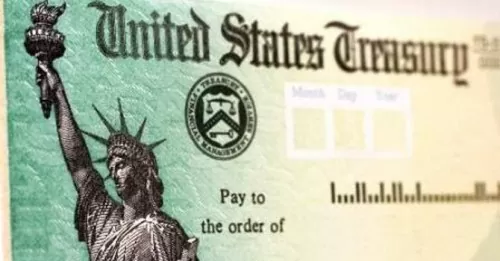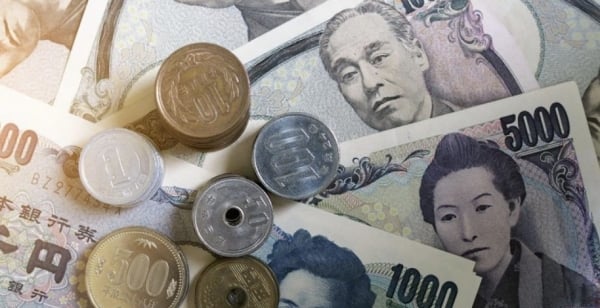No new bonds listed since April 2
President Donald Trump’s tariffs have had a significant impact on the sudden halt in US investment grade bond issuance this week. But the market’s tensions have been evident since last month, when nervous investors began to protest against the pricing, according to several banks.
 |
| US Treasury yields have fallen sharply while spreads have widened. Illustrative photo |
Since President Donald Trump imposed sweeping tariffs on goods imported into the US on April 2, no new bonds have been listed by investment firms.
The pause in issuance comes after a period last month when, for the first time since the pandemic, companies struggled to issue bonds at the prices they wanted, according to several bankers who coordinated bond issuances.
In some cases, bankers said, investors withdrew millions of dollars in orders for some bonds as the U.S. investment-grade bond registry was being built because the final price was not what they expected. What surprised them, bankers said, was that investors changed their minds mid-way through the process at a higher rate than usual.
The investors' objection was not announced in advance.
“ Investors are pulling out of some deals even if the price is just one or two basis points away from what they want ,” said Teddy Hodgson, global co-head of debt capital markets at Morgan Stanley.
It is an “ unwritten rule ” that prices can move by 20-25 basis points during the order book build-up, as banks seek tenders, said Teddy Hodgson.
A senior coordinator at a major U.S. bank said that for some bond issues in March, as many as 60% of orders were canceled as prices narrowed. Before March, cancellation rates of 10% to 15% were considered normal, the person said.
Banks declined to disclose which bond deals were affected.
Tariffs affect market dynamics
The investor backlash suggests the trade war has influenced market moves in recent weeks. If the trade war drags on, it is expected to slow growth and weigh on corporate bonds.
Following President Donald Trump's tax policy announcement on April 2, Treasury yields fell sharply while spreads widened.
On April 3, the ICE BAML (.MERC0A0) investment grade bond index expanded by 10 basis points, in the biggest move since the U.S. regional banking crisis in 2023, according to strategist Daniel Krieter of BMO Capital Markets.
Premium spreads are now at their widest since August, said Daniel Krieter.
The need to demand higher premiums to buy new corporate bonds is simply to protect investment returns, which have been hit by the recent widening of spreads, banks said.
In a normal market, 85-90% of new issues typically outperform the broader market, but now that ratio has dropped to around 30-40% as fears of a recession have caused yield spreads to widen, said Teddy Hodgson, global co-head of debt capital markets at Morgan Stanley.
Firms are now changing their strategies to reduce the uncertainty in executing deals, said Richard Wolff, head of US bond coordination at Societe Generale CIB, one of Europe's major financial services firms.
“ Some companies that issue bonds less often are starting to market to investors to attract pre-deal interest before announcing a new bond issue .”
| In some cases, investors withdrew millions of dollars in orders for some bonds as the U.S. investment-grade bond registry was being built because the final price was not what they expected, bankers said. What surprised them, bankers said, was that investors changed their minds mid-way through the process at a higher-than-usual rate. |
Source: https://congthuong.vn/thi-truong-phat-hanh-trai-phieu-cap-cao-cua-my-chao-dao-381772.html





![[Photo] Overcoming all difficulties, speeding up construction progress of Hoa Binh Hydropower Plant Expansion Project](https://vstatic.vietnam.vn/vietnam/resource/IMAGE/2025/4/12/bff04b551e98484c84d74c8faa3526e0)
![[Photo] Closing of the 11th Conference of the 13th Central Committee of the Communist Party of Vietnam](https://vstatic.vietnam.vn/vietnam/resource/IMAGE/2025/4/12/114b57fe6e9b4814a5ddfacf6dfe5b7f)




















































































Comment (0)